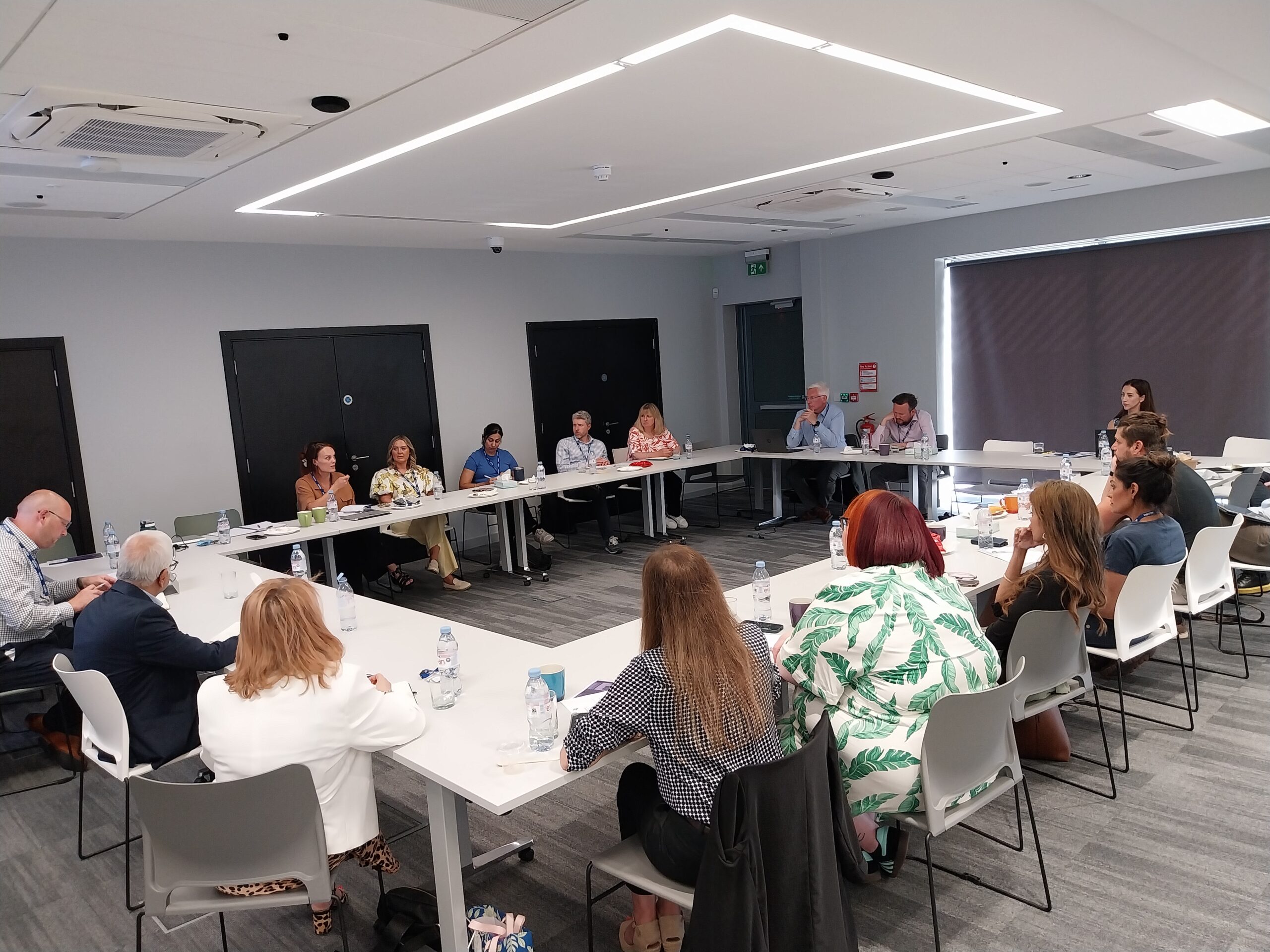Commenting on the latest figures from the Office for National Statistics (ONS) showing consumer prices index (CPI) inflation remained at 6.7% in the year to September 2023, East Midlands Chamber chief executive Scott Knowles said: “After three consecutive months of falling inflation, no movement in the latest data is a further reminder that complacency is not an option in our ongoing battle against rising prices.
“These figures come as something of a surprise given that our Quarterly Economic Survey has shown the proportion of businesses anticipating they will need to put up prices has fallen to 30% – almost half of what it was 12 months ago.

“The pressure from the price of raw materials, utilities and labour costs has all softened, with only a small increase in businesses reporting greater price rise pressures from the fuel pump – which appears to have been the main driver in keeping inflation stubbornly high.
“It’s crucial the Bank of England doesn’t resume its monetary tightening policy as we have always said the effects of this will take some time to filter through into the economy. Our latest survey for Q3 also showed demand for East Midlands firms’ goods and services has slowed, and this will eventually bring down prices in the months ahead.
“Businesses welcomed the Bank’s decision to hold the base rate last month following 14 consecutive increases – with rising rates fast becoming a key concern for firms as higher lending costs affect their ability to invest, an integral component in economic growth.
“Instead, we need Government to develop an economic policy that will support long-term investment in both plant and machinery, and people.
“To this end, we have urged policymakers to focus on what we call the ‘four Is’ – investment, innovation, infrastructure and international trade – in our regional economic blueprint, titled A Centre of Trading Excellence: A Business Manifesto for Growth in the East Midlands and Beyond.
“Action in these areas should involve helping with the tight labour market by incentivising firms to upskill their people and making it easier to recruit skilled workers from overseas, more financial support for research and development in key sectors, and cutting red tape that continues to hinder exports.”








